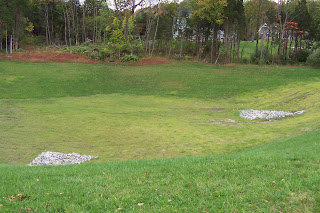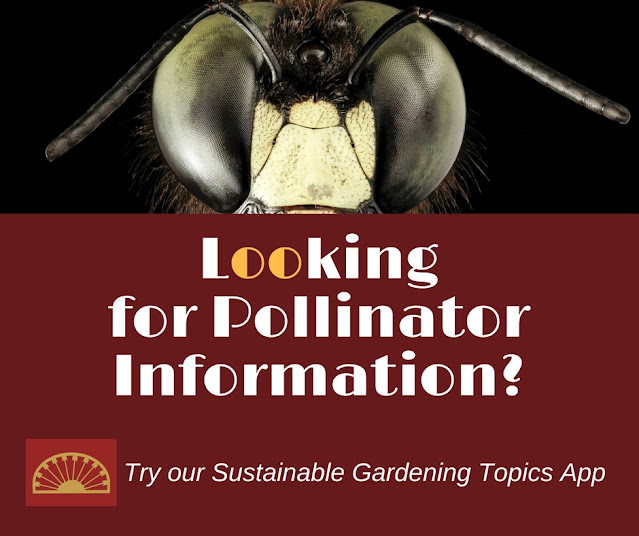Easter Chicks: Bald Eagle Babies Hatch at Duke Farms
 |
| Feeding time at the Duke Farms Eagles' Nest |
In New Jersey, Bald Eagles are still considered state-endangered for the breeding season and state-threatened for the non-breeding season. State regulatory protection remains unchanged even though they have been removed from the federal Endangered Species list.
The story of the near-extinction of these majestic birds throughout the lower 48 states is just one example of why sustainable farming practices are so important. Bald Eagle population decline is directly tied to the pesticide DDT, which caused severe thinning of the eggs’ shells and resulting nest failures. DDT was widely used in U.S. agriculture from 1945 through the 1950s. The alarm sounded by Rachel Carson in her seminal book, Silent Spring, brought DDT under closer scrutiny, but the chemical wasn’t banned here until 1972. It can still be used in some very limited public health emergencies and in countries where insect-borne diseases such as malaria are prevalent.
You can watch the Duke Farms eagle chicks grow and fledge via their EagleCam at http://www.dukefarms.org/en/Stewardship/WildlifeCams/eagle-cam/ or at Conserve Wildlife NJ’s feed http://www.conservewildlifenj.org/education/eaglecam/ .
Author Jim Wright’s real life adventure tale of wildlife biologists Pete McLain and Jo Ann Frier‘s search to find the last breeding pair of bald eagles in New Jersey, The Last Nest, appeared in the January 2016 issue of NJ Monthly http://njmonthly.com/articles/jersey-living/people/the-last-nest-saving-our-bald-eagle-population/ .
Duke Farms has published Duke Farms’ Bald Eagles, also penned by Wright, as an e-book http://online.flipbuilder.com/oqzm/xrzi/#p=2
Teachers can find lesson plans and other resources at http://www.conservewildlifenj.org/education/teacher/eagleedu/
A series of reports from 1997 – 2015 on the Bald Eagle’s status, as well as publications on other NJ endangered species, including Peregrine Falcons, American Kestrels, and Ospreys, are on NJ Fish & Wildlife’s raptor webpage http://www.state.nj.us/dep/fgw/ensp/raptor_info.htm

